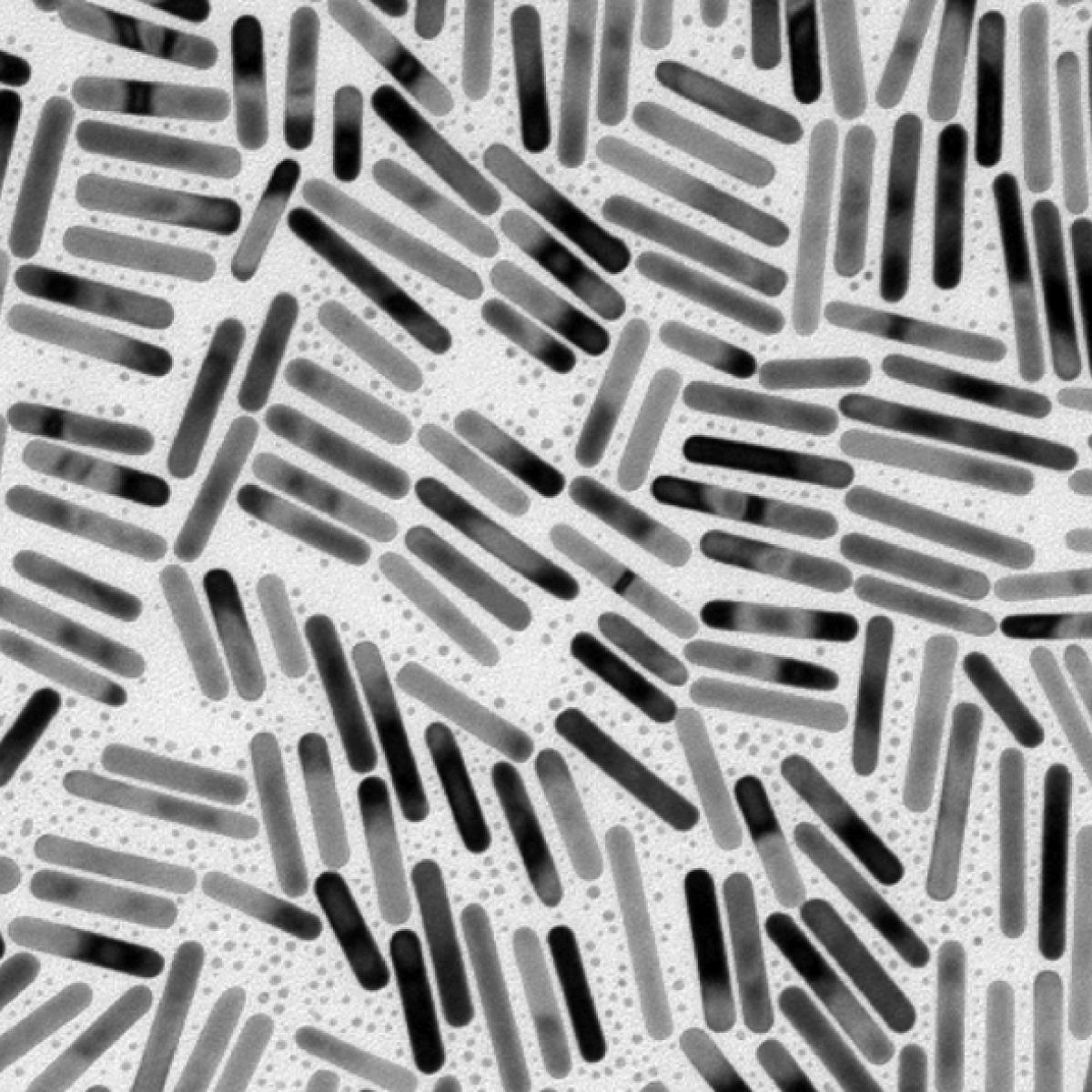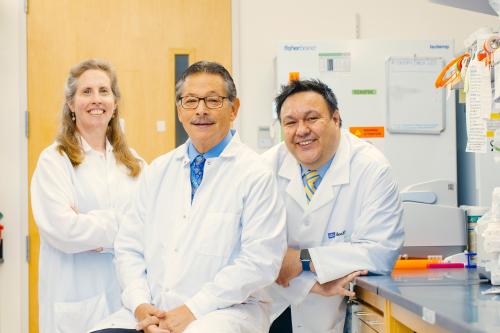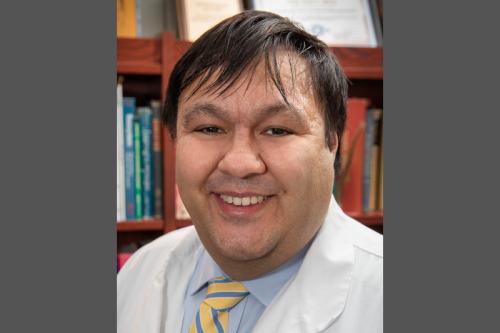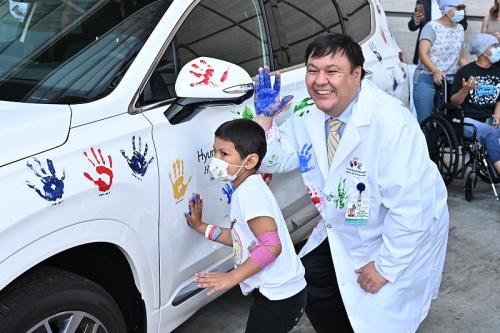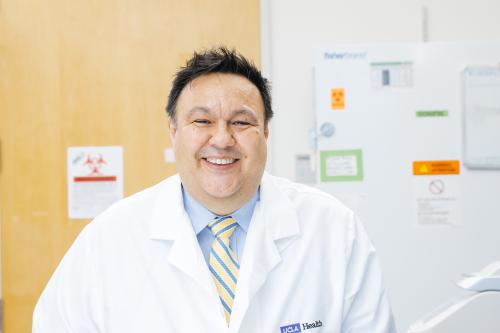
Steven J. Jonas, M.D., Ph.D.
- Assistant Professor, Pediatrics
- Associate Program Director, UCLA Pediatric Hematology/Oncology Fellowship Program

Steven J. Jonas, M.D., Ph.D., is a pediatric hematologist/oncologist who treats children with cancer and blood conditions, as well as those undergoing stem cell transplants or gene therapies. He aims to develop nanotechnology-based tools to expedite the development of gene and cell therapies for diseases including cancer and cystic fibrosis — and to make these cutting-edge treatments more affordable and accessible.
As a physician-scientist with a doctorate in engineering, Jonas concentrates on the development of new nanotechnologies that facilitate safer and quicker delivery of therapeutic materials, such as genes and gene-editing materials, directly to patient cells. The ultimate goal of Jonas’ research is to create complementary tools that reduce costs and increase the efficiency of new and existing treatments like cancer immunotherapies.
Jonas works at the intersection of pediatrics, hematology/oncology, stem cell biology, materials science, bioengineering, nanoscience and nanotechnology to explore the ultimate limits of miniaturization. His research harnesses advances in these areas to develop and apply new, broadly applicable and accessible gene and cell therapy manufacturing platforms that support the children’s health and regenerative medicine research communities. Jonas further seeks to apply biofabrication and 3D printing approaches to improve stem cell-based disease modeling practices.
Through these efforts, Jonas aims to support the development of disease-agnostic precision medicine approaches that will unlock new solutions to improve the care of children with complex healthcare needs.
Research Projects
- Improving access and affordability of cell and gene therapies by engineering nanotechnology-based solutions for packaging and delivering gene editing A type of gene therapy that works by delivering genetic material that can directly edit pieces of DNA within a cell. This changes the instructions the DNA encodes for, which ultimately results in an increase or decrease in the production of a certain protein and the restoration of proper cell function. gene editing A type of gene therapy that works by delivering genetic material that can directly edit pieces of DNA within a cell. This changes the instructions the DNA encodes for, which ultimately results in an increase or decrease in the production of a certain protein and the restoration of proper cell function. reagents to establish a biomolecular delivery service
- Creating methods to access airway stem cells Cells that have the ability to differentiate into multiple types of cells and make an unlimited number of copies of themselves. stem cells Cells that have the ability to differentiate into multiple types of cells and make an unlimited number of copies of themselves. to advance the development of gene therapies for cystic fibrosis Excessive scarring within an organ due to disrupted healing. It can lead to organ dysfunction and is associated with conditions like chronic kidney disease, liver cirrhosis and heart failure. fibrosis Excessive scarring within an organ due to disrupted healing. It can lead to organ dysfunction and is associated with conditions like chronic kidney disease, liver cirrhosis and heart failure.
- Developing and clinically translating liquid biopsy diagnostic tools that leverage nanotechnologies to monitor how pediatric cancers respond to treatments
- Identifying important design requirements for effective intracellular delivery of biomolecules
-
Medical Board Certifications
- Pediatric Hematology-Oncology, American Board of Pediatrics, 2021
- Pediatrics, American Board of Pediatrics, 2017
Fellowship
- Pediatric Hematology-Oncology, David Geffen School of Medicine at UCLA, 2018
Residency
- Pediatrics, David Geffen School of Medicine at UCLA, 2015
Degrees
- M.D., David Geffen School of Medicine at UCLA, 2012
- Ph.D., David Geffen School of Medicine at UCLA, 2010
-
